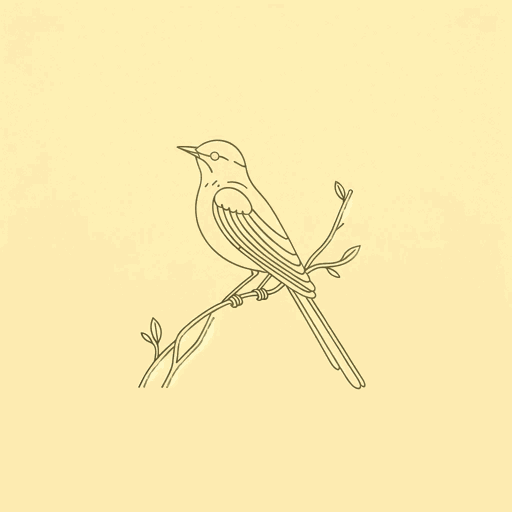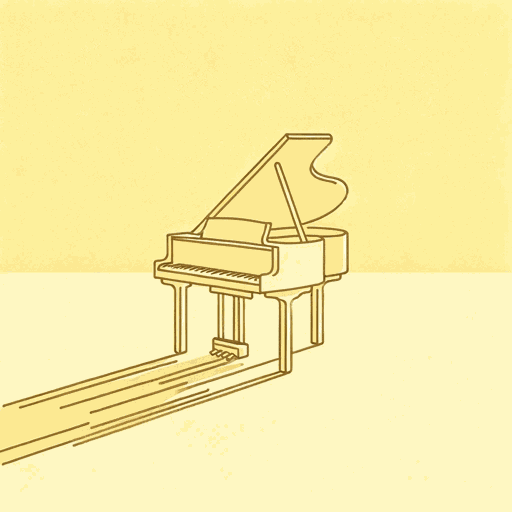47 pages • 1 hour read
Louisa May AlcottEight Cousins
Fiction | Novel | Middle Grade | Published in 1874A modern alternative to SparkNotes and CliffsNotes, SuperSummary offers high-quality Study Guides with detailed chapter summaries and analysis of major themes, characters, and more.
Important Quotes
“Phebe stopped rattling her beans from one pan to another, and her eyes were full of pity as they rested on the curly head bent down on Rose’s knee, for she saw that the heart under the pretty locket ached with its loss, and the dainty apron was used to dry sadder tears than any she had ever shed.”
(Part 1, Chapter 1, Page 9)
The sentimental tone of the third-person narration of Rose’s state of grief from Phebe’s point of view heightens the emotionality of the start of the two girls’ friendship. The personification of the necklace as aching with grief conveys the pain of young Rose’s burdens, as she is physically carrying around the loss of both her parents. Alcott’s sentimentalism emphasizes the importance of feelings over reason, a convention of humanist and transcendental philosophy as demonstrated by Phebe’s prioritization of Rose’s individual plight over systemic class differences. Deep feeling was a signal of a character’s morality in 19th-century literature.
“‘I shall have to see them some time, but I do dread it so.’ And Rose gave a shudder, for, having lived alone with her invalid father, she knew nothing of boys, and considered them a species of wild animal.”
(Part 1, Chapter 1, Page 11)
The comparison of Rose’s seven boy cousins to “a species of wild animal” metaphorically conveys Rose’s fear of men and her naivety and inexperience at the beginning of the novel. Rose’s lack of understanding of others is connected to her cloistered lifestyle with her “invalid father,” highlighting the Parenting Styles and Their Impacts.
“But the ‘delicate little creter’ seemed all the better for her trip, and ran up the steps looking rosy, gay, and disheveled, to be received with lamentation by Aunt Plenty, who begged her to go and lie down at once.”
(Part 1, Chapter 2, Page 24)
Related Titles
By Louisa May Alcott




